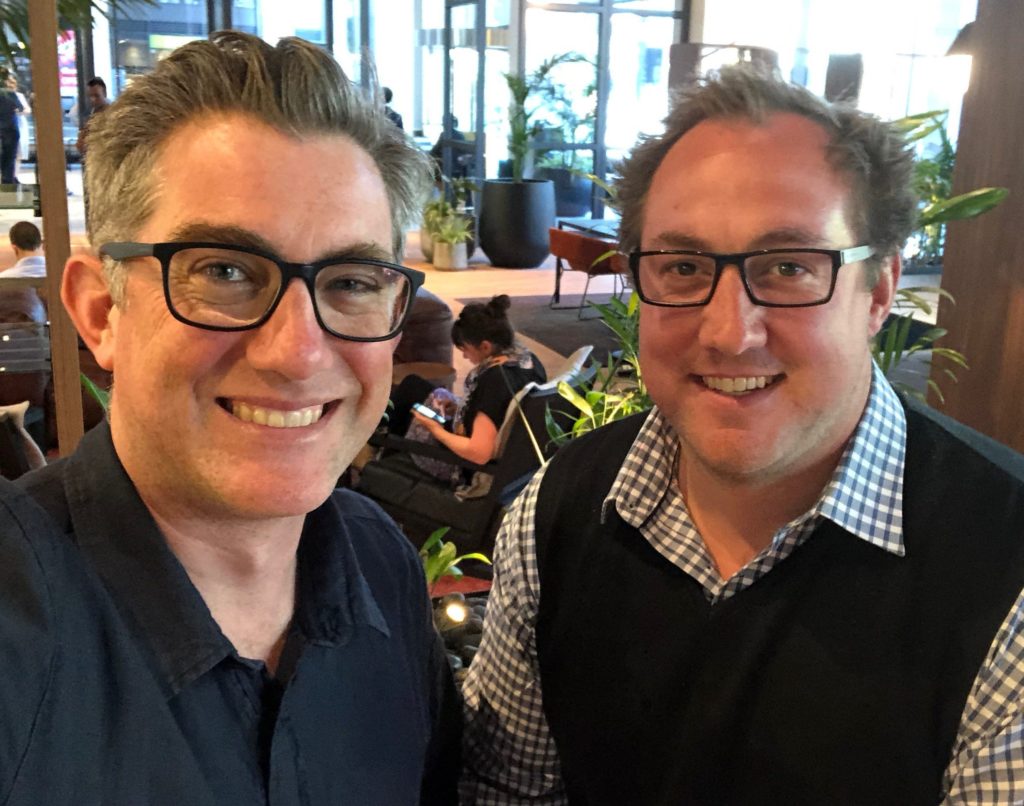
Temping can sometimes feel like a ‘nowhere’ option, where large companies see contractors as a short-term means to an end. However, the rewards are there for contractors who look to make a difference and better themselves and the companies they work for.
Dylan Mealmaker is one such contractor who I placed as a Customer Service Represent in the early 2000’s and over the years has risen through leadership roles and is now a Senior Risk Advisor with one of the world’s leading power companies in AusNet Services. I sat down with Dylan recently to get some insights and learnings from his journey that other entry-level temps could use. Here’s what I asked:
What were your goals when you were initially temping?
My primary goals when I was temping was to demonstrate my values and work ethic. I didn’t see temping in isolation, I saw temping as a stepping stone to gaining a permanent role that would allow me to continue to build knowledge and develop. In addition, I wanted to build sustainable relationships that supported and grew my professional network. It is important to me to be around people I can learn from and to support those who can learn from me.
How did you go about reaching those goals?
In the initial stages it was overwhelming as I didn’t hold experience – I was very green. All I had to pull me through was motivation and work ethic. I needed to learn the rest. I took an active role in asking questions, sitting with experienced resources and took on extra activities to demonstrate my commitment. Taking an approach like this led to a deeper knowledge of the business which allowed me to become a resource to others as well.
What have you learned over the journey?
A lot. The main thing for me was finding a career path that aligned with my natural skills and traits. I am a people-person and I enjoy problem solving so Risk fits really well and is fulfilling. I’ve also learned that being active is really important as it gives you a sense of purpose and allows others to see your commitment and value. As my experience grew, so did my ability to trust my instincts and make the right decisions faster. That said, I’m big on asking lots of questions so nothing’s left to chance – whether it’s on the phone or in person, that human contact is crucial; emails slow things down too much, and are not as good for building strong relationships.
Any final take-aways for temps reading out there?
Be the person that throws their hand up when a new work item arises. Don’t be afraid to throw yourself in the deep end. Be the person who is happy to train and develop peers to contribute to overall team performance. You learn so much from being in the deep end and you can gain a lot of perspective outside your comfort zone.
Finally I’d say that career progression is not always about moving up. Moving sideways is really underrated. You can gain a lot more insight and grow your foundation in a sideways move which will allow you to optimise a more senior opportunity down the track.